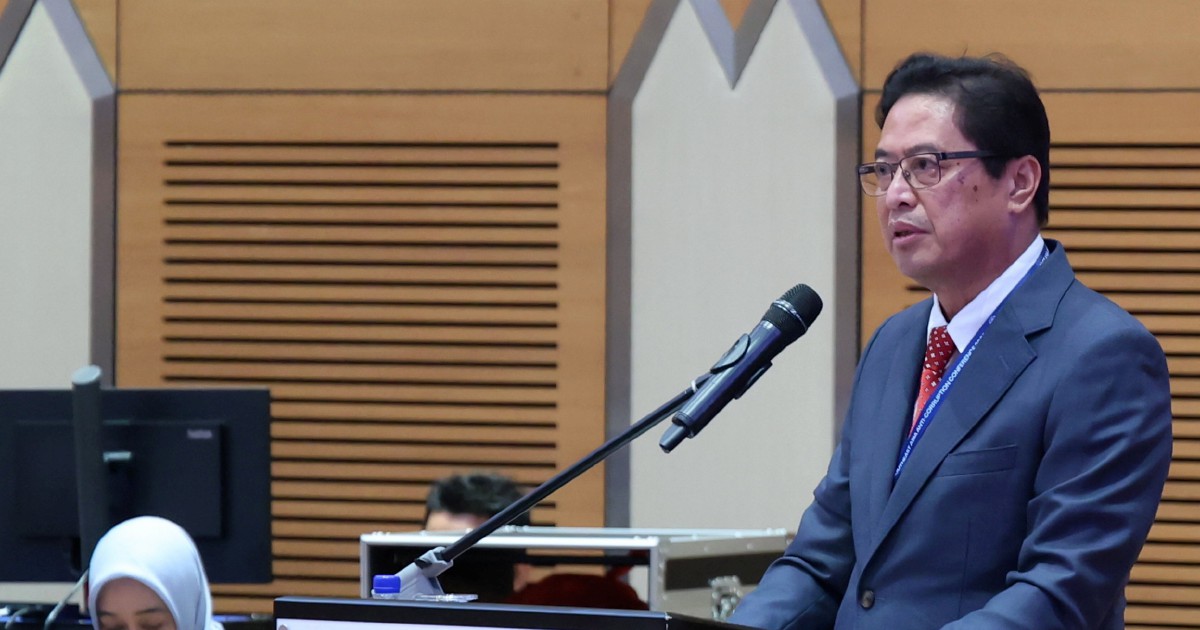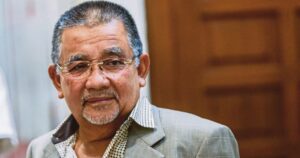PUTRAJAYA: Eight Southeast Asian countries have agreed to support the Putrajaya Declaration regarding the efforts that anti-corruption agencies need to undertake in their respective countries.
The declaration, made at the Southeast Asia Anti-Corruption Conference: Recalling the Jakarta Statement was adopted by Malaysia, Indonesia, Brunei, Laos, Myanmar, Singapore, Timor Leste, and Cambodia.
It sets out seven priorities focused on the independence, transparency and effectiveness of anti-corruption agencies as the foundation for good governance and sustainable development in the region.
Chief Secretary to the Government, Tan Sri Shamsul Azri Abu Bakar, said that these matters were agreed upon by all countries participating in the conference.
“All countries agreed, as stated in the joint statement made at the end,” he said, when met after delivering the closing speech at the programme.
The Putrajaya Declaration also prioritises the need to foster a culture of integrity, noting that combating corruption requires a multi-dimensional approach.
This includes encouraging anti-corruption research and education, as well as strengthening the implementation of the United Nations Convention against Corruption (UNCAC), particularly Article 36, which calls for the establishment of independent and professional anti-corruption enforcement bodies, and the principles outlined in the Jakarta Statement.
The Putrajaya Declaration was jointly read by the Chief Commissioner of the Malaysian Anti-Corruption Commission (MACC) Tan Sri Azam Baki, and the Indonesian Corruption Eradication Commission’s Chief Commissioner Setyo Budiyanto.
The conference was attended by participants from nine countries and one region, including Singapore, Brunei, Indonesia, Laos, Myanmar and Timor Leste.
As part of the regional commitment, MACC will also host the 21st Asean Parties Against Corruption (Asean-PAC) Leaders’ Meeting in October.
© New Straits Times Press (M) Bhd






